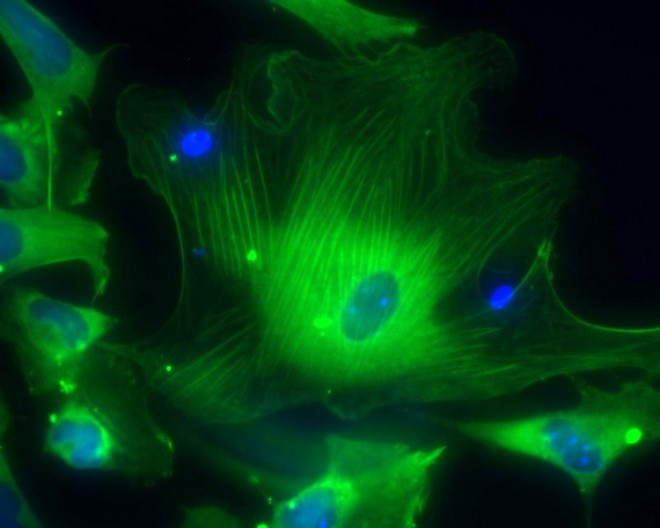Blood Vessels Made from Three Spoons of Blood in a Week's Time

Researchers at Sahlgrenska University Hospital in Sweden have been successful in transplanting blood vessels made from three spoons of blood.
Two years ago two patients at the hospital received the blood vessels made from stem cells in the blood.
Earlier, another patient too was treated using blood vessels made by her stem cells but in that case, the researchers had to drill into the bone marrow to obtain the stem cells.
In the later cases, all they needed was three spoons of the patient's blood and a waiting period of a week.
The children did not have the vein that goes from the gastrointestinal tract to the liver. This was rectified using the new blood vessels, a treatment that holds out promise for people with varicose veins and myocardial infarction.
The method also rules out rejection normally accompanying any foreign body transplant.
Professors Olausson and Sumitran-Holgersson have treated three patients so far. Two of the three patients are still doing well and have veins that are functioning well.
They now hope to be able to grow complete organs to overcome organ shortage from donors.
Use of embryonic stem cells to treat macular dystrophy and degeneration has been proven to be safe with low rejection rates.
Recently, scientists at the Indiana School of Medicine had reported harvesting endothelial cells from the embryo and injecting into mice suffering from blindness or damaged limbs.
The cells developed into blood vessels in the damaged region restoring blood flow to the eye and limbs.
Breakthrough research from Harvard has shown it is possible to grow insulin producing cells using embryonic stem cells.
Stem cells are the body's growth and maintenance units that differentiate in the growing embryo into the various cell types to build organs. At later stages, they are used by the body to replace damaged tissues.
Animal models have been used to grow the required organs from injected stem cells which are then transplanted into humans.
© Copyright IBTimes 2025. All rights reserved.





















